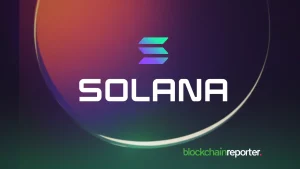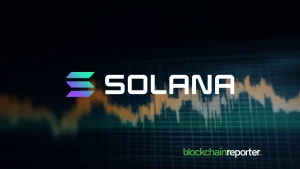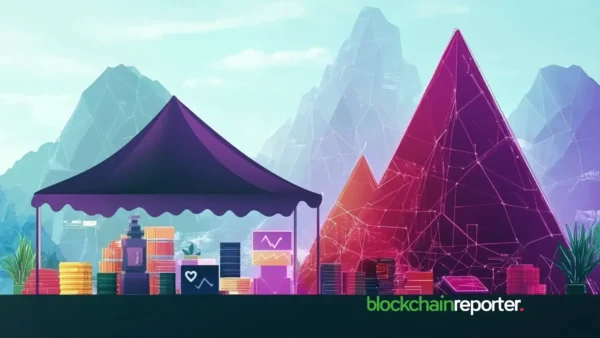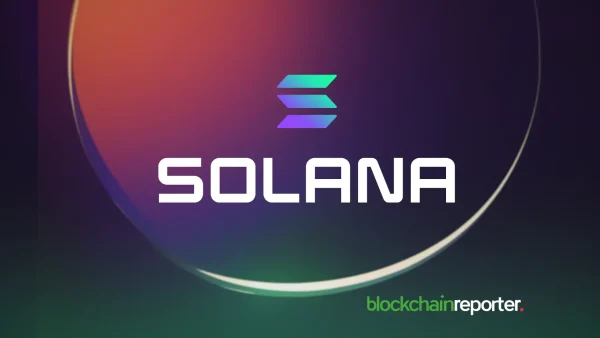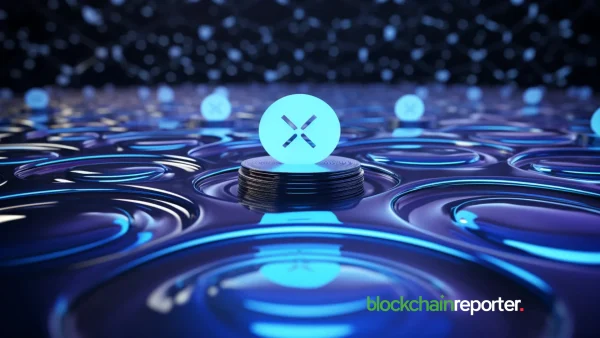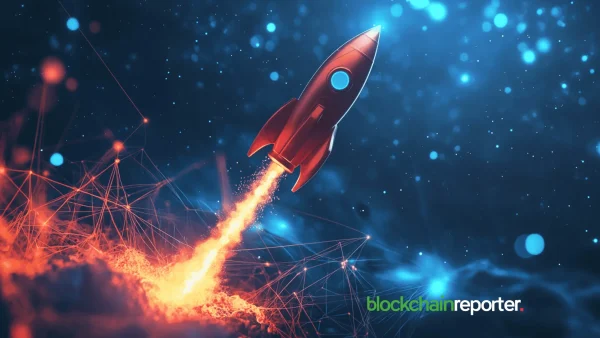
Ledger, a France-based crypto hardware manufacturing company, has informed consumers that its Web3 wallet Ledger Live does not support Tron Stake 2.0. Tron Stake 2.0 is the latest staking mechanism recently launched by the decentralized blockchain platform Tron. The platform asserted that its management is making considerable efforts to provide a solution in this respect.
Ledger Live Does Not Support Tron Stake 2.0, Says Ledger
The platform took to Twitter to inform the consumers that the Stake 2.0 mechanism of Tron recently went live. On this, the firm congratulated the community. Nevertheless, it also disclosed the bad news that the company’s Web3 wallet named Ledger Live was not yet compatible with the latest product. In this respect, the Ledger developers are reportedly endeavouring to make appropriate changes and developments to the targeted product to alleviate the concerns.
Along with this, the platform assured the consumers that it has a temporary solution to deal with the current scenario in the meantime. As per the crypto wallet platform, until the implementation of a conclusive solution for compatibility with Stake 2.0, the consumers will require to have a substitute. In this respect, the Ledger clients are advised by the company to utilize TronScan (a blockchain explorer developed by Tron Network) to access Ledger.
Apart from that, the firm also mentioned that the consumers should ensure that they have installed the latest version v0.4.2 of the Tron application on their devices to do this. The platform then addressed those who are already using its staking services. It disclosed that the present stake is secure and the consumers will keep on getting rewards. According to the company, the upgrade will now impact it.
Stake 2.0 Resolves Unstaking Issues
On the other hand, it reiterated that the team of developers operating on Ledger’s platform is at the moment busy finding a suitable solution to provide support for Stake 2.0. The release of Stake 2.0 provided several exclusive features to eliminate the limitations that were present within the old one.
For example, in the new mechanism, delegating will have no requirement for unstaking at all. Moreover, the unstaking-related problem has additionally been resolved in the exclusive mechanism because the customers are now permitted to unstake their assets without any time restriction. Furthermore, they can also perform partial unstaking via a single staking transfer.

